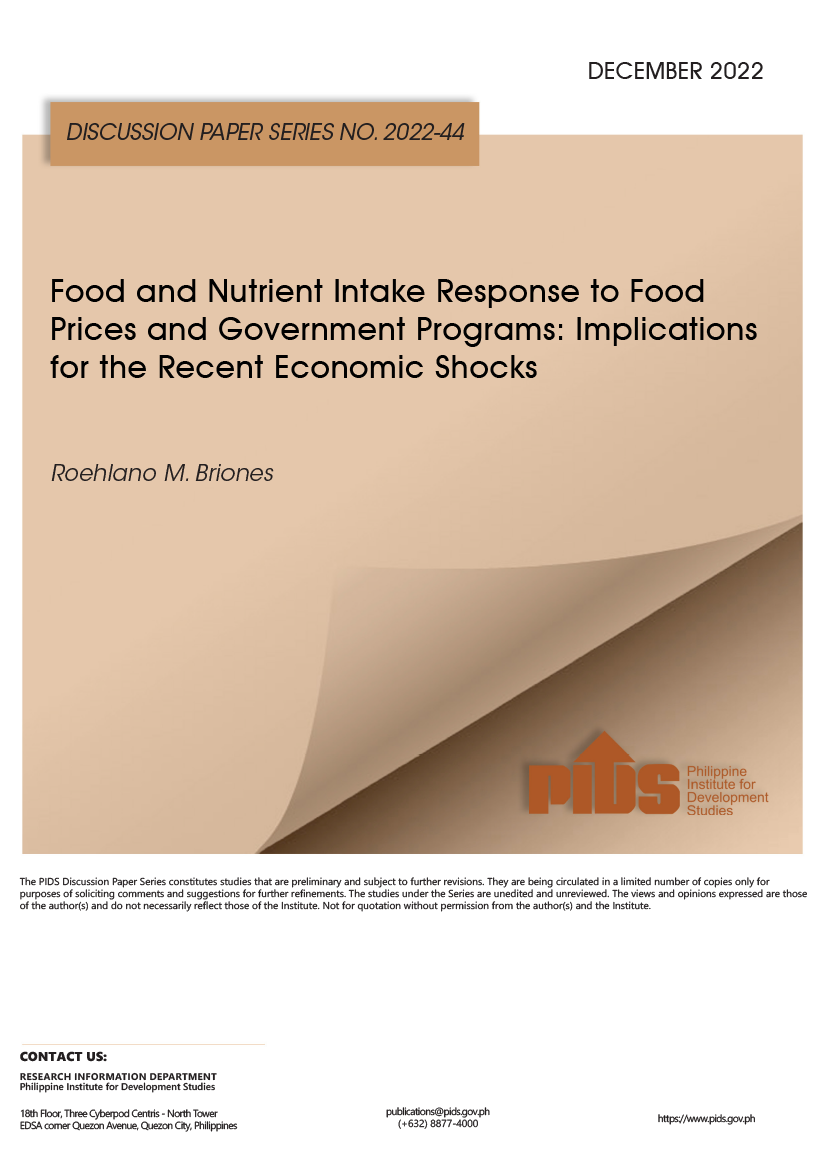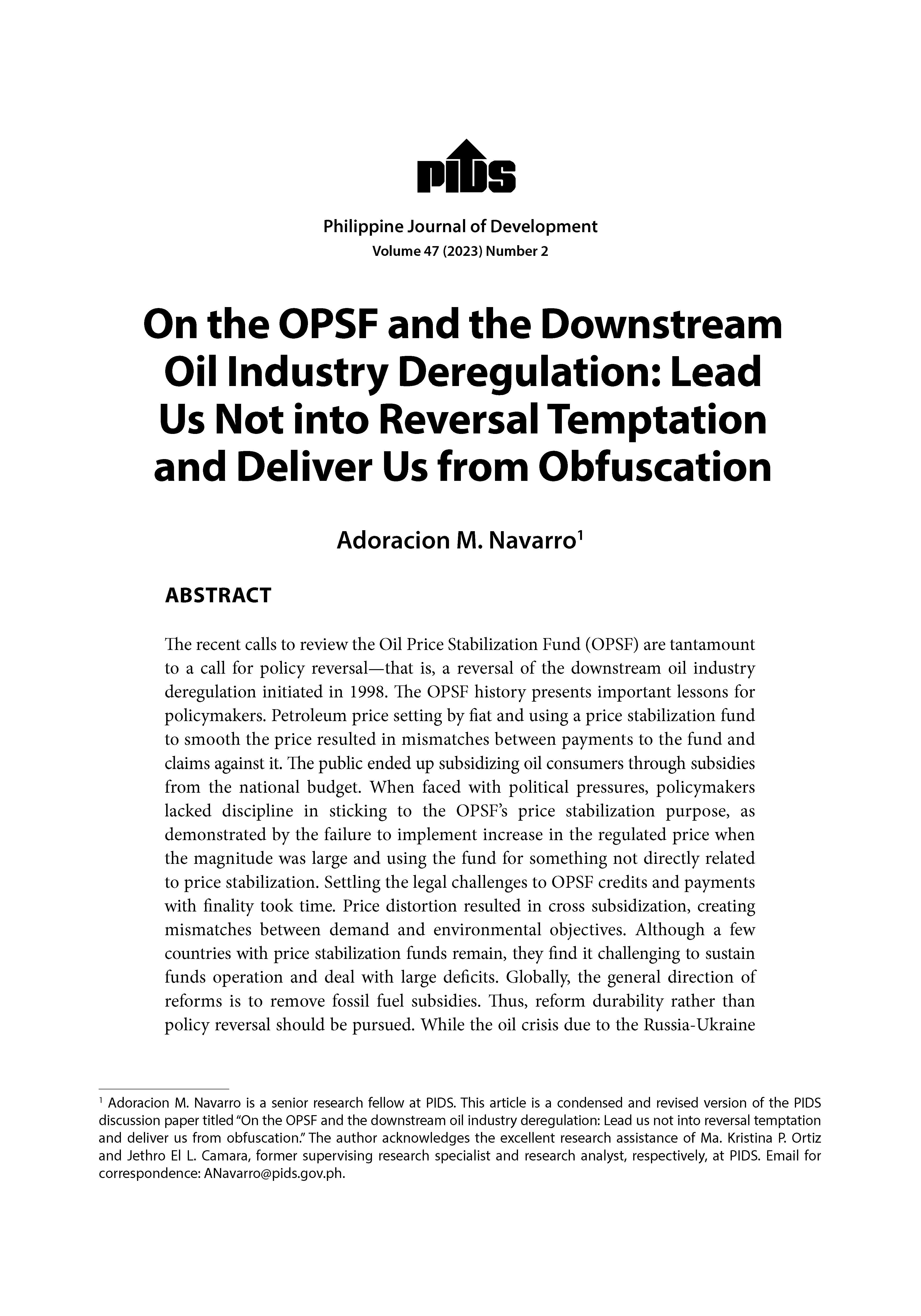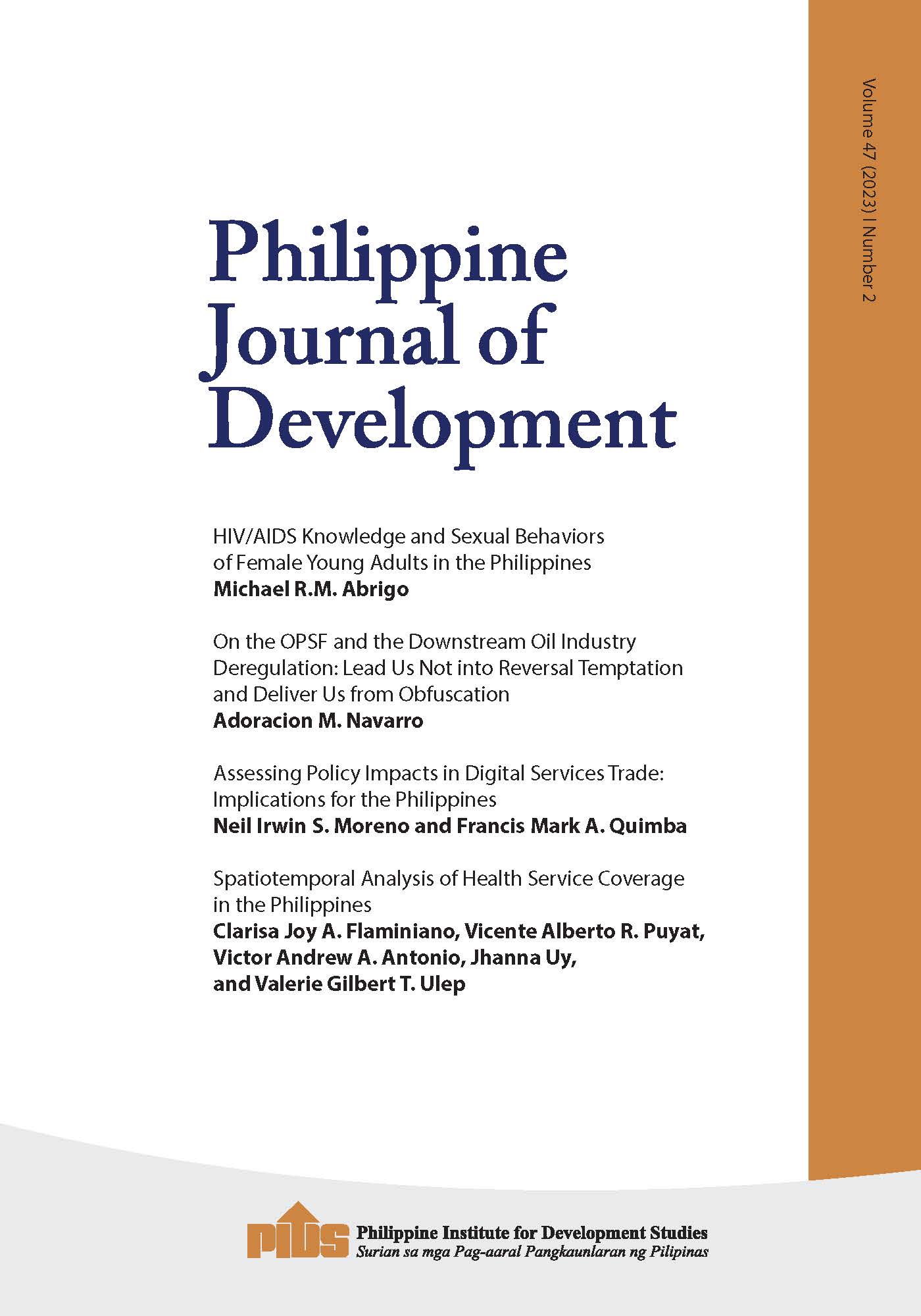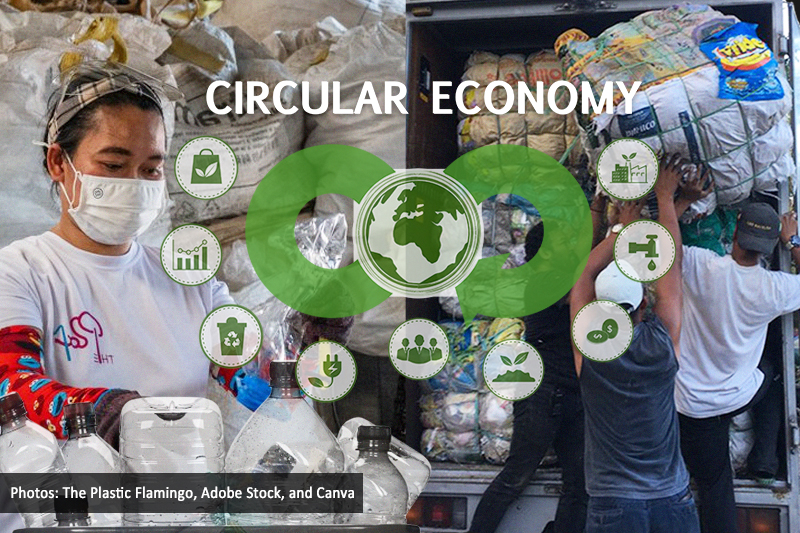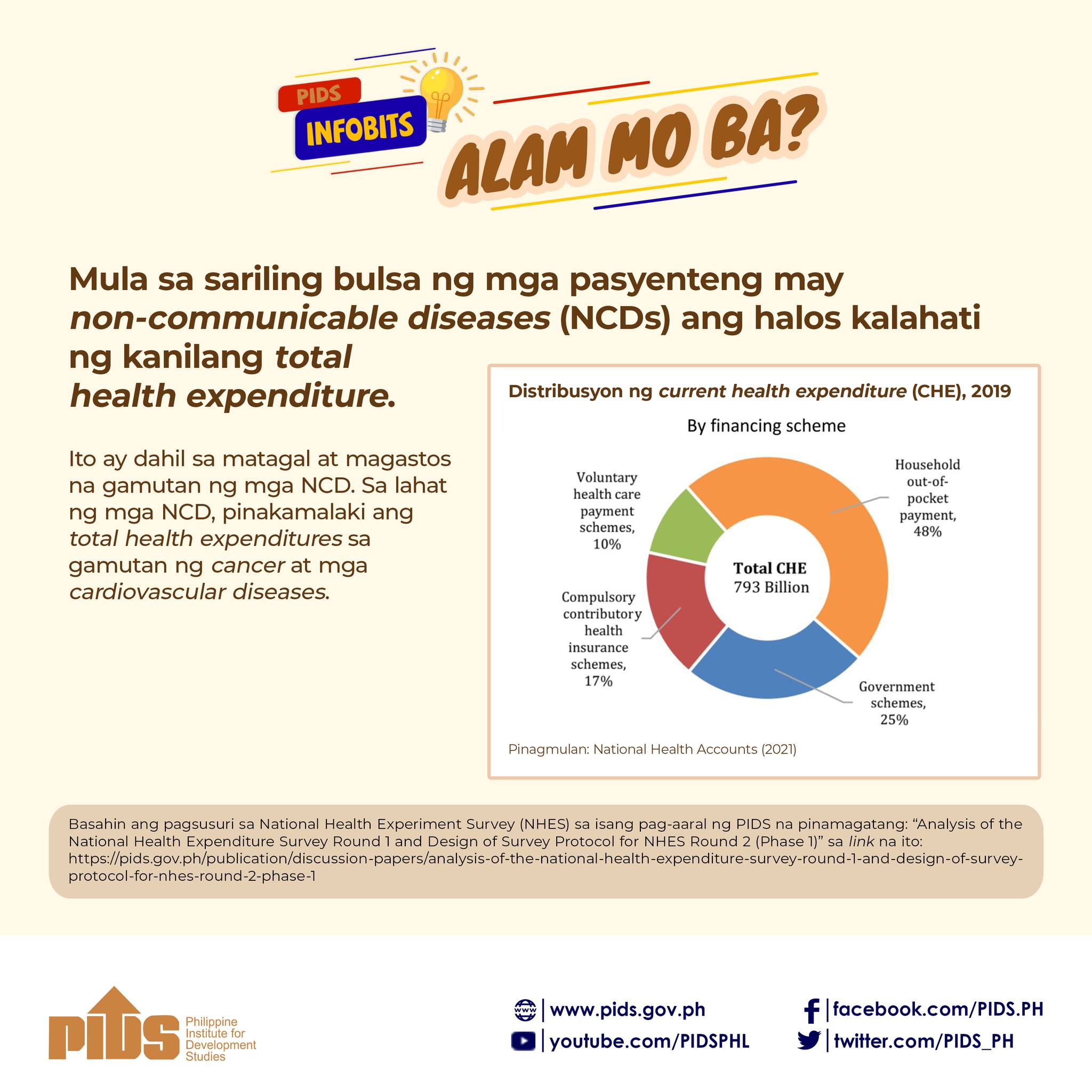The Foundation for Economic Freedom (FEF), a grouping of economic academics, prominent businessmen and industry circles as it called on the government ‘’to consider a more market-friendly and sustainable approach to reducing medicine prices.’’
The FEF cautioned the recently signed Executive Order (EO) No. 104 ‘’may do more harm than good’’ in bringing quality and affordable medicine for all Filipinos. ‘’It may work in the short run, but it could lead to medicine shortages in the long term,’’ it said in a press statement.
EO 104 took effect in May lowering by as much as 58 percent the prices of 87 medicines and 133 pharmaceutical preparations used to cure hypertension, diabetes, heart and lung diseases and cancers.
The Department of Health (DOH) and the Department of Trade and Industry (DTI) are reviewing price reductions at 60 percent or more of 35 more medicines.
The FEF said ‘’business common sense will dictate a pharmaceutical company to pull out its product from the market – if not leave the domestic market completely – rather than sell at a price where it cannot recover its costs.’’
When this happens, it said, ‘’patients are made worse off – there are fewer available drugs in the market and consumer choice is reduced.’’
Conceding that more than half of the out-of-pocket health expenditures of Filipinos are spent on medicines, the FEF said price capping creates a trade barrier in encouraging investments in pharmaceutical research and development. ‘’In this time of pandemic when the pharmaceutical industry is on a race to find a vaccine for COVID-19, innovation must be encouraged and not penalized.’’
It urged the Philippine Competition Commission to review the price capping policy of the DOH.
The group cited a 2017 study for the Philippine Institute of Development Studies showing the Generics Act of 1988 reduced medicine prices more than the Cheaper Medicines Act of 2008. That’s because the competition from a lot of generics medicines forced prices down, the study concluded. However, lowering medicine prices did not lead to expanded access to medicines, the study showed.
The FEF said pooled procurement of medicines and drug price negotiations, as practiced in other countries, could bring medicine prices down.
Pooled procurement creates economies of scale and low transaction costs, putting the government in a better position to negotiate medicine prices, it said, adding the government may also explore public-private partnerships to ensure efficient planning and distribution of medicines.
The FEF said the Universal Healthcare Act (UHC Act) already provides an opportunity for the government to address high medicine costs in a way that is more market-friendly. ‘’The UHC Act creates an independent price negotiation board to negotiate prices for drugs and devices for the DOH and PhilHealth. Once fully implemented, the UHC Act offers a comprehensive outpatient benefit, including outpatient drug support, it said.
The FEF cautioned the recently signed Executive Order (EO) No. 104 ‘’may do more harm than good’’ in bringing quality and affordable medicine for all Filipinos. ‘’It may work in the short run, but it could lead to medicine shortages in the long term,’’ it said in a press statement.
EO 104 took effect in May lowering by as much as 58 percent the prices of 87 medicines and 133 pharmaceutical preparations used to cure hypertension, diabetes, heart and lung diseases and cancers.
The Department of Health (DOH) and the Department of Trade and Industry (DTI) are reviewing price reductions at 60 percent or more of 35 more medicines.
The FEF said ‘’business common sense will dictate a pharmaceutical company to pull out its product from the market – if not leave the domestic market completely – rather than sell at a price where it cannot recover its costs.’’
When this happens, it said, ‘’patients are made worse off – there are fewer available drugs in the market and consumer choice is reduced.’’
Conceding that more than half of the out-of-pocket health expenditures of Filipinos are spent on medicines, the FEF said price capping creates a trade barrier in encouraging investments in pharmaceutical research and development. ‘’In this time of pandemic when the pharmaceutical industry is on a race to find a vaccine for COVID-19, innovation must be encouraged and not penalized.’’
It urged the Philippine Competition Commission to review the price capping policy of the DOH.
The group cited a 2017 study for the Philippine Institute of Development Studies showing the Generics Act of 1988 reduced medicine prices more than the Cheaper Medicines Act of 2008. That’s because the competition from a lot of generics medicines forced prices down, the study concluded. However, lowering medicine prices did not lead to expanded access to medicines, the study showed.
The FEF said pooled procurement of medicines and drug price negotiations, as practiced in other countries, could bring medicine prices down.
Pooled procurement creates economies of scale and low transaction costs, putting the government in a better position to negotiate medicine prices, it said, adding the government may also explore public-private partnerships to ensure efficient planning and distribution of medicines.
The FEF said the Universal Healthcare Act (UHC Act) already provides an opportunity for the government to address high medicine costs in a way that is more market-friendly. ‘’The UHC Act creates an independent price negotiation board to negotiate prices for drugs and devices for the DOH and PhilHealth. Once fully implemented, the UHC Act offers a comprehensive outpatient benefit, including outpatient drug support, it said.

